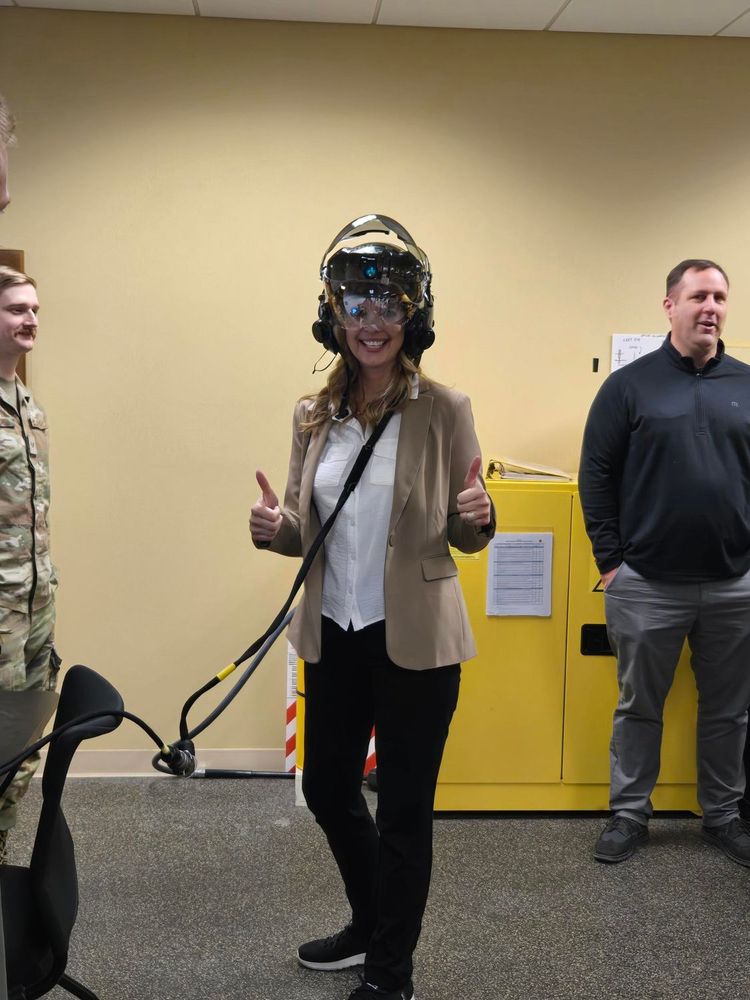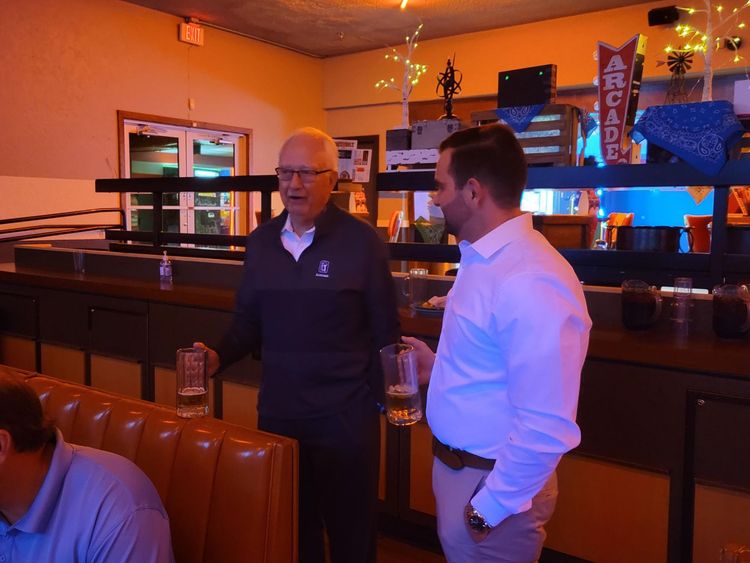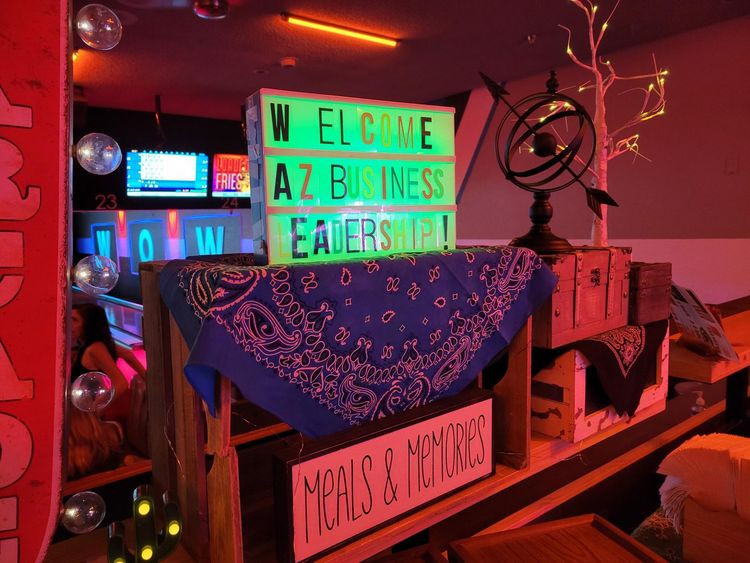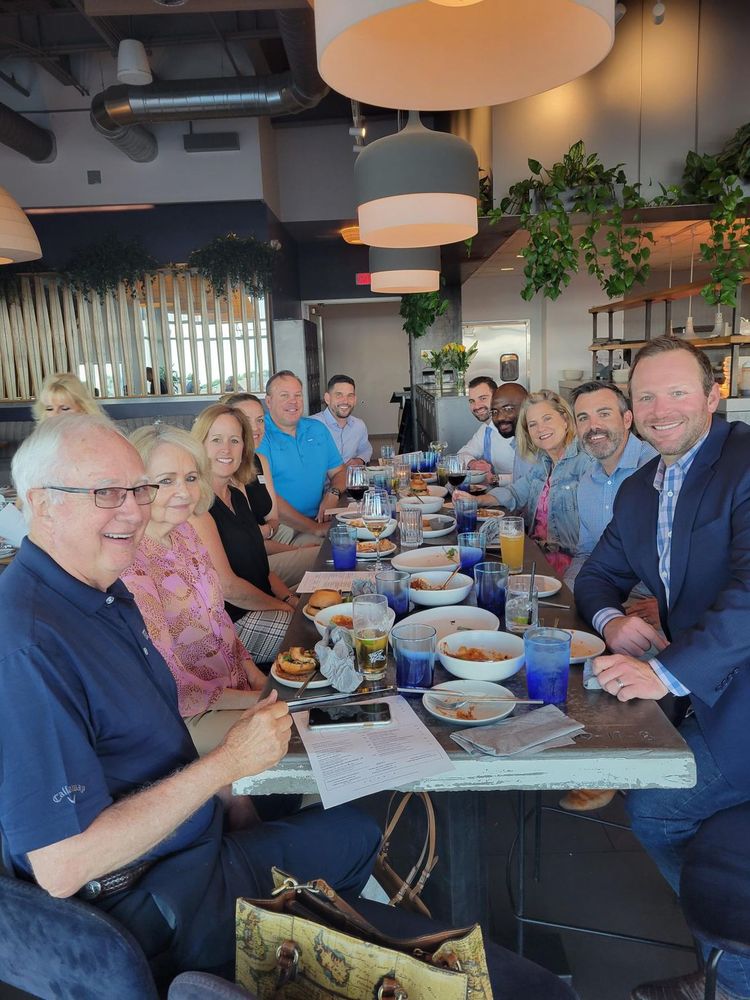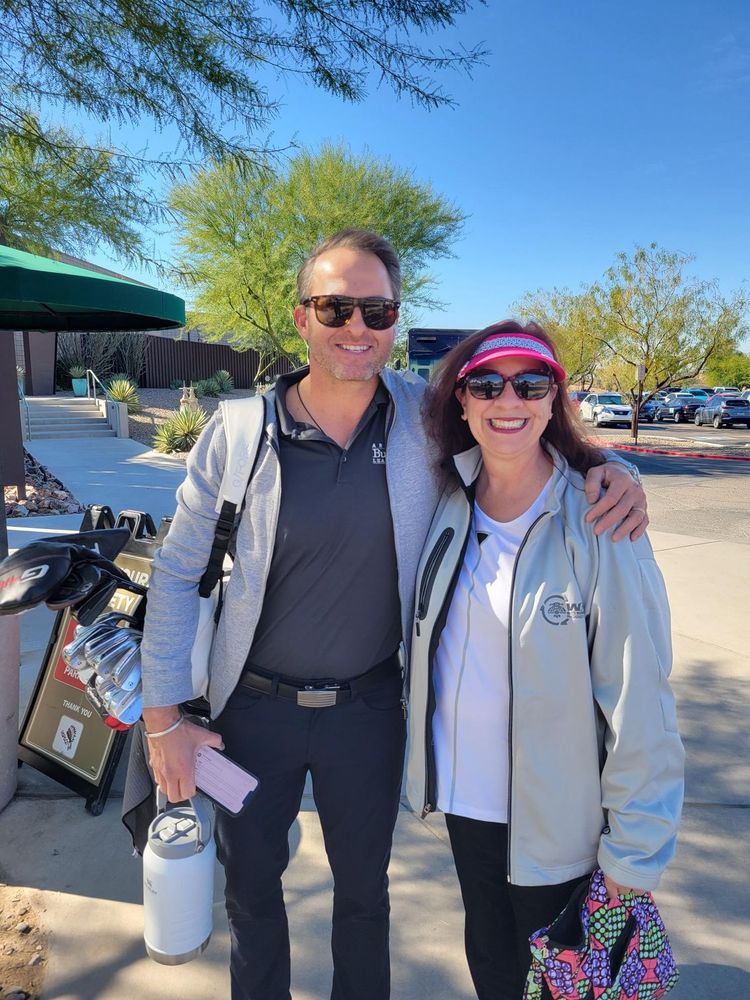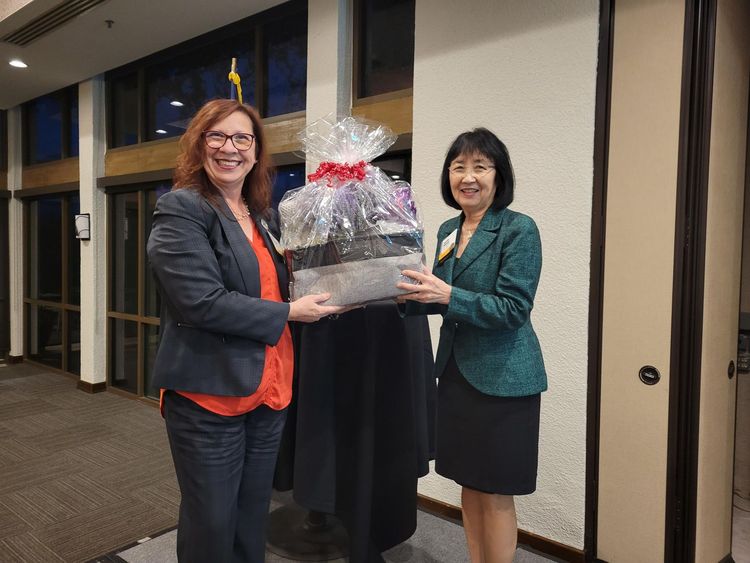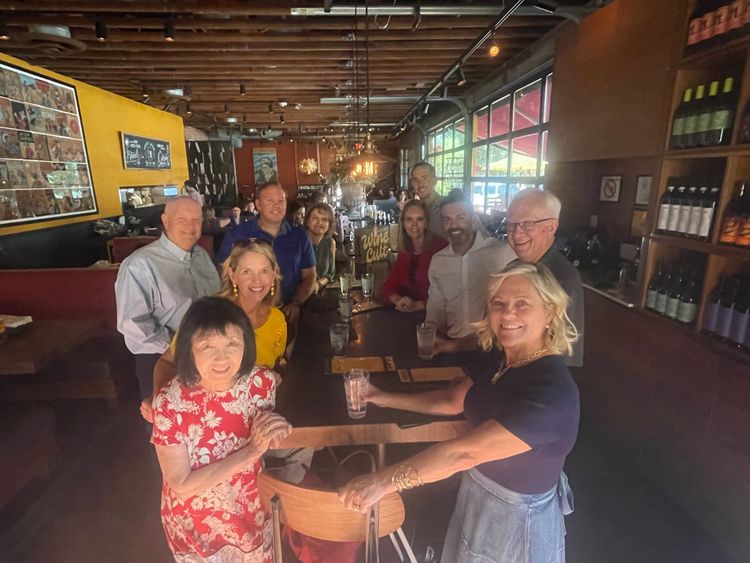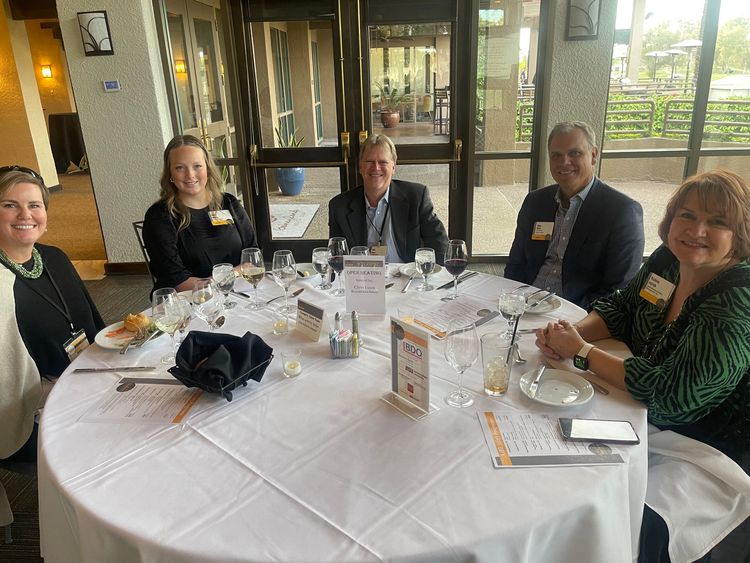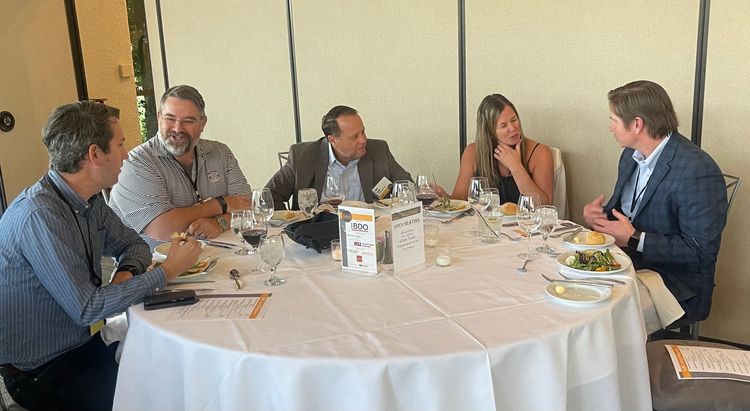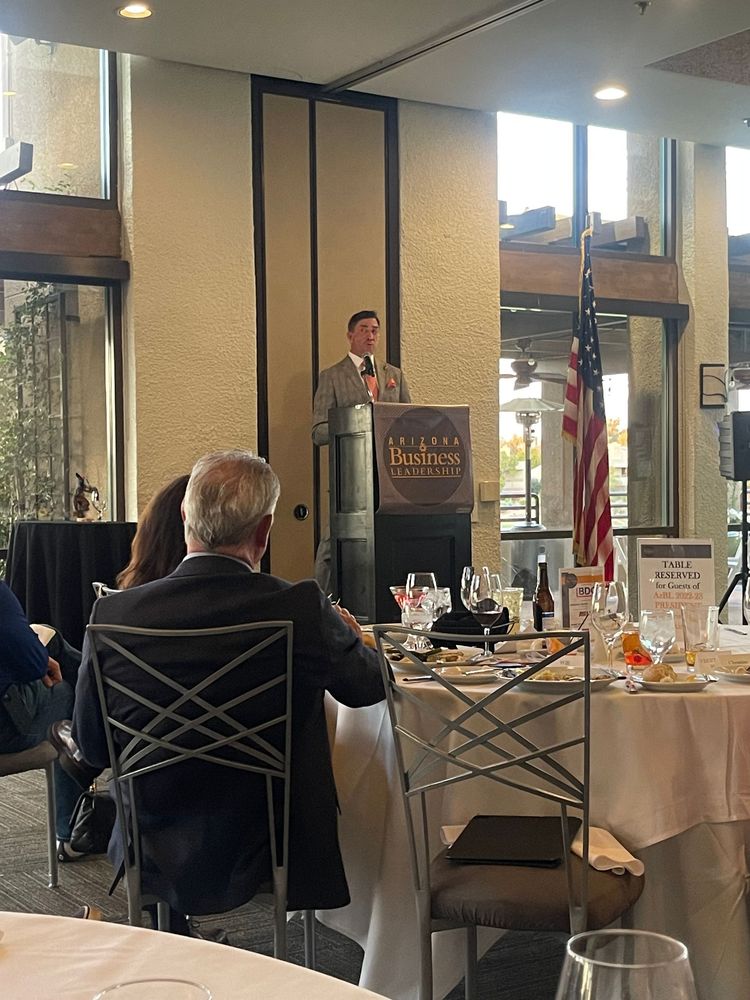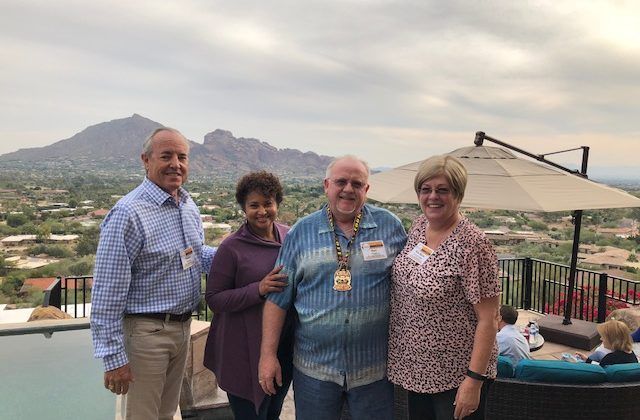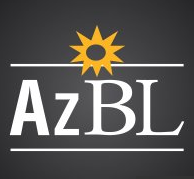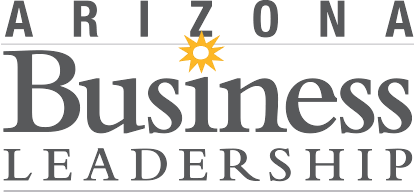May 27, 2025
Using a probationary period for employees is a common practice in many businesses. Employers see it as an opportunity to evaluate new hires before “committing” to their long-term employment. Employers establish a period of time to give a newly hired employee a chance to prove his skill, value, and reliability. However, probationary periods come with their own set of pitfalls that can lead to legal disputes, confusion, and unintended consequences, especially when they are not properly defined or managed. Prior to implementing probationary periods, ask yourself, what is the difference between terminating an employee during versus after a probationary period? Understanding Probationary Periods A probationary period is typically a set amount of time—generally 90 days—during which an employer evaluates a new employee's performance, behavior, and overall fit for the position. The idea is that the employer can terminate the employee more easily during this period if things don’t work out. While this seems straightforward, there are several common misconceptions and legal risks that can arise from the use of probationary periods, if not properly utilized. Common Pitfalls of Using a Probationary Period. False Sense of Protection for Employers. One of the biggest misconceptions is that the probationary period gives employers more leeway to terminate employees without cause or consequence. However, Arizona is an “at-will” employment state, meaning that employers can terminate employees at any time, for any reason, as long as it’s not an illegal reason. This at-will nature applies regardless of whether the employee is within his probationary period or a long-term employee. Therefore, an employee can file a wrongful termination lawsuit if he believes the termination was due to an unlawful reason, even if the employee was terminated during the probationary period. Miscommunication of Expectations. Another common issue with probationary periods is the lack of clear communication about what success looks like during this time. If an employer doesn’t provide a clear set of performance expectations and regular feedback, an employee may not fully understand why he is being let go at the end of the probationary period. Employers implementing probationary periods should take care to establish clear performance metrics for new hires during this period. Without objective criteria, terminations can appear arbitrary or without merit, leaving the employer open to claims of wrongful discharge. Furthermore, an employee might perceive his performance as satisfactory if there is no ongoing feedback. If termination is based on conduct (attendance, etc.), rather than performance during this period, maintaining an open line of communication that his attendance is not as expected is also incredibly important, so the termination does not come as a surprise. Implied Contractual Obligations. Employers who use probationary periods run the risk of inadvertently creating an implied contract. If the employer explicitly states or implies that an employee will be guaranteed employment after successfully completing the probationary period, it may unintentionally limit the ability to terminate the employee later. This can lead to disputes if an employee completes the probationary period, only to be terminated soon after. In such cases, the employee may argue that the probationary period created an expectation of continued employment, giving rise to an implied contract. If a probationary period is used, employers should expressly state that the end of the probationary period does not change the employee’s at-will status. Inconsistent Application. Another issue arises when probationary periods are applied inconsistently across the workforce. If some employees are subjected to a probationary period while others in similar roles are not, this inconsistency can be perceived as discriminatory or unfair, potentially resulting in disparate treatment claims. Best Practices. Employers should first consider discarding their use of probationary periods altogether. If there is no difference between how an employer terminates an employee on a probationary period to a long-term employee, there really is no reason to create this expectation by establishing a probationary period. After this consideration, employers who decide to use probationary periods should define clear performance metrics and behavior expectations for newly hired employees. Clearly communicate those metrics and expectations, providing probationary employees with regular feedback as to whether those metrics and expectations are being met. Document the feedback to support any later termination decisions at the end of the probationary period. When the probationary period ends, employers should take care not to use language that implies guaranteed employment, removing the at-will employment status. Jodi R. Bohr is a shareholder with Tiffany & Bosco, P.A., and a contributor to Arizona Employment Law Letter. She practices employment and labor law, with an emphasis on counseling employers on HR matters, litigation, and workplace investigations. She may be reached at jrb@tblaw.com or 602-255-6082.
